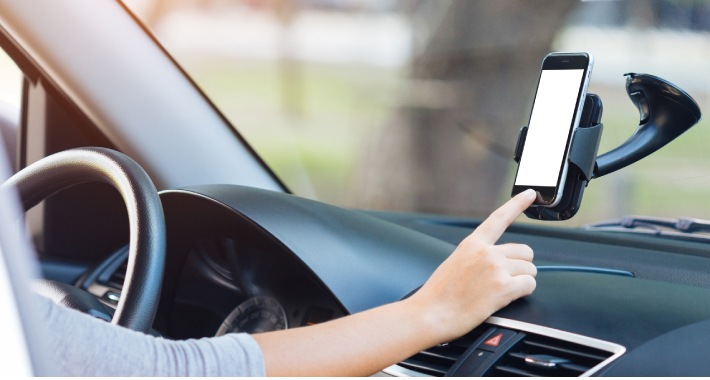BUSINESS
Mind Your Own Business
April, 2018 - Issue #163
 courtesy of Shutterstock |
Did You Do "Gig" Work Last Year? Then You Need this Guide
The gig economy in America is thriving with independent contractors signing on daily to work for online platforms, such as Uber and OrderUp. Unfortunately, many gig workers fail to realize their responsibilities as taxpayers - a lack of knowledge that could cost them greatly down the road. In an effort to help gig economy workers understand the tax implications of their work, Liberty Tax has produced a guide of common federal tax questions and answers that many gig workers face.
Gig economy workers are among those the IRS has encouraged to pay close attention to rules regarding estimated tax payments. The number of taxpayers assessed an estimated tax penalty jumped about 40 percent from 7.2 million in 2010 to 10 million in 2015, according to the IRS.
Failing to report payment received for work performed as an independent contractor was cited as the number-one reason taxpayers receive an IRS notice for incorrect tax calculations, in a survey by the National Association of Enrolled Agents.
A survey by the Kogod Tax Policy Center at American University found that "43 percent of respondents who earned money in the gig economy in 2015 were unaware of how much they would owe in taxes and did not set aside money for taxes on that income."
"Our goal with this guide is to provide important information to those participating in the gig economy," said the CEO of Liberty Tax. "We know people want to meet their tax obligations, but if they're unaware of their responsibilities, that can create problems."
The guide, "11 Tax Questions Every Gig Worker Should Ask," covers issues such as federal tax deductions and estimated tax payments. It is casual, easy-to-read and informative. It answers questions gig workers may have or may not know they should have, including: Do I have to pay taxes if I do not receive tax paperwork from an online platform?
Many gig workers will not receive tax forms because the online platforms that do not pay in cash or check are not required to provide a 1099-K unless a gig worker has 200 transactions or earns $20,000. That doesn't mean the income isn't taxable. In reality, self-employed individuals whose net earnings are $400 or more are required to file a federal tax return.
Liberty Tax will provide the guide free of charge to gig workers, online platforms and others interested in tax issues related to gig work. Liberty Tax invites gig workers to visit their nearest Liberty Tax office for help in preparing their 2017 income tax returns.
Liberty Tax Services 296-1000
What You should Do After an Injury Accident
After suffering injuries in any type of accident, it is immediately important to obtain the medical help that you need to remain healthy or to be nursed back to health. Your health and survival should be your main priority. Immediately after receiving medical attention, you, or a family member, are strongly advised to consult with a Santa Clarita personal injury lawyer to find out if you are eligible to file a personal injury claim.
By working with your personal injury attorney, you can determine fault and negligence in the accident. If another party was entirely at fault for the accident, leaving you absolutely no fault for the damages, you are most likely eligible to file a claim. However, insurance companies can be sneaky, and they may try to convince you otherwise or that you are not eligible for a claim. Only speak to an insurer if you have your lawyer present.
The Law Offices of Gerald L. Marcus 296-2992
|
||||||||||||||||||||||||||||




